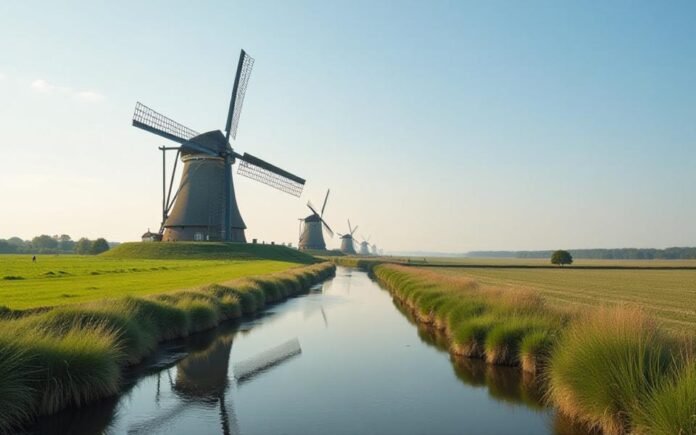
A political crisis in France has cast a shadow over the country’s offshore wind sector, leaving developers and suppliers uncertain about the future. According to a Reuters report, delays in government tenders and the stalled energy framework have slowed business momentum.
New data released on Friday revealed a sharper-than-expected decline in business activity for October, further raising concerns about France’s economic outlook. The political turmoil has also paralyzed progress on the long-delayed PPE3 energy bill, which is essential for defining the country’s energy roadmap from 2026 onward.
President Emmanuel Macron, who has cycled through six prime ministers in two years, faces mounting criticism for the government’s inability to reach consensus on energy policy and budgetary measures.
Despite being Europe’s second-largest economy, France’s offshore wind capacity significantly trails its peers. The nation currently has just 3 gigawatts (GW) either installed or under development—far below Britain’s 16 GW already operational.
The government had previously set an ambitious goal to quadruple this capacity, aiming to establish France as a key player in the European renewable market.
However, implementation challenges and delayed tenders have hindered progress. The government’s latest offshore wind auction, for a 1 GW site off the west coast, received no bids—a stark sign of waning industry confidence.
Christoph Zipf, spokesperson for WindEurope, said the lack of bids stemmed from the site’s technical complexity and the absence of clear state support mechanisms. “Developers need predictable frameworks. Without that, investment becomes too risky,” he noted.
Adding to the uncertainty, France has not yet launched two additional tenders totaling 12 GW that were promised for bidding by the end of 2024. These were meant to be awarded in late 2026 but now face indefinite postponement.
Industry voices are expressing growing alarm. Jules Nyssen, president of the Renewable Energy Syndicate, said many renewable firms have frozen salaries and hiring. “Several companies are reducing headcounts to cope with the current stagnation,” Nyssen warned.
One of the sector’s biggest setbacks came when RWE, a partner in a 1.5 GW offshore project with TotalEnergies, announced its withdrawal from the consortium. The company cited diminished project value compared to other international opportunities.
France’s lagging offshore wind progress threatens its broader green transition goals. Analysts warn that if the PPE3 bill and pending tenders are not resolved soon, the country risks losing its competitive edge in Europe’s renewable energy race.
For now, developers are waiting for political stability and clearer policy direction before resuming large-scale investment in France’s offshore wind industry.